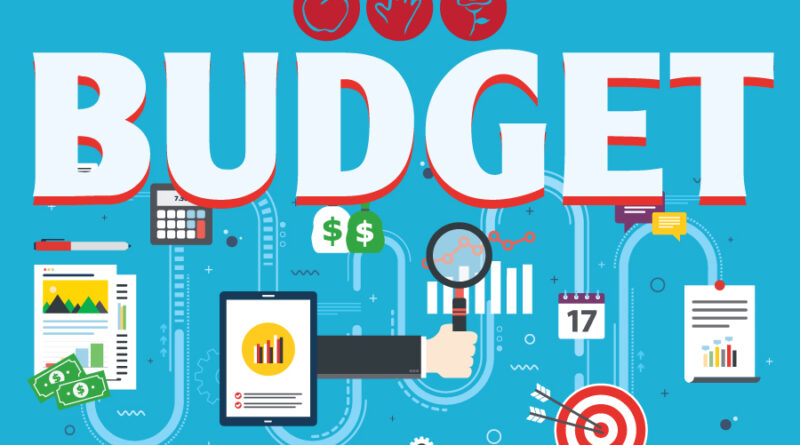What I Learned About Budgeting This Week: Simple Lessons That Work
Budgeting can sometimes feel like a chore, but this week I learned a few small shifts that made a big difference in how I manage my money. Here’s what I discovered and how you can apply it to your own finances. Discover practical budgeting lessons learned this week to manage your money smarter, save more, and avoid common financial pitfalls.
1. Tracking Every Dollar Really Works
At the start of the week, I committed to writing down every single expense, from my morning coffee to my grocery run. By Friday, I realized I had more control over my spending than I thought.
Lesson: Even small purchases add up. Writing everything down highlights where your money really goes.
Pro Tip: Use apps like Mint, YNAB, or even a simple spreadsheet to keep your daily tracking consistent.
2. Automatic Savings Takes the Stress Out
I set up an automatic transfer to my savings account right after payday. By doing this, I stopped worrying about whether I had enough money left to save at the end of the month.
Lesson: Automating savings makes it effortless and ensures you’re consistently building your financial cushion.
Pro Tip: Even $25 a week adds up—start small and increase over time.
3. Budgeting Isn’t Just About Cutting Spending
This week, I realized budgeting isn’t only about restrictions—it’s about prioritizing what matters. I shifted some money toward experiences that brought me joy, like a cooking class and a small weekend trip.
Lesson: A budget that aligns with your values is easier to stick to than one that feels like punishment.
4. The “Envelope System” Still Works
I tried the classic envelope method for cash spending this week. I allocated cash for discretionary expenses and noticed that once the envelope was empty, I stopped spending.
Lesson: Physical limits can make spending habits clearer than digital tracking alone.
Pro Tip: Use digital “envelopes” through apps if you prefer a cashless approach.
5. Reflection Is Key
At the end of each week, I reviewed my spending and savings. This reflection helped me spot patterns, such as where I overspent and where I could save more.
Lesson: Regularly reviewing your budget helps you adjust and improve continuously.
Pro Tip: Schedule a weekly 15-minute review session—consistency beats intensity.
Final Thoughts
This week taught me that budgeting doesn’t have to be stressful. Small habits—tracking expenses, automating savings, prioritizing what matters, using envelopes, and reflecting weekly—can make a huge difference.
Action Step: Pick one lesson from this week and apply it to your budget starting today. Small changes compound into big financial wins.
